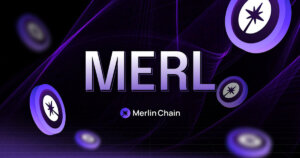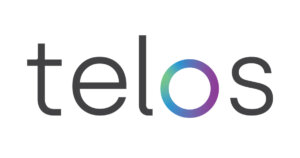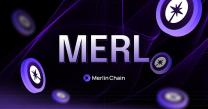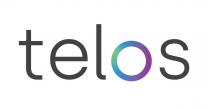 He’s the DAO hacker, doxxed in new book
He’s the DAO hacker, doxxed in new book He’s the DAO hacker, doxxed in new book
In a newly published book, crypto journalist and author Laura Shin discloses the name of the alleged so-called DAO hacker who stole 3.64 million ETH in what’s probably the most infamous hack in all of crypto history.
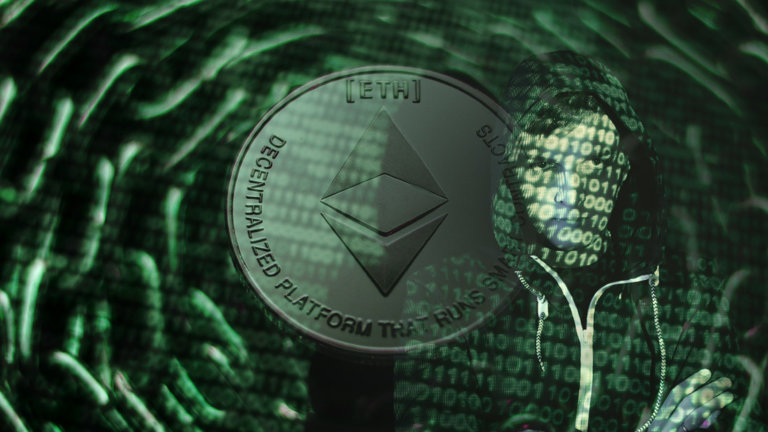
Cover art/illustration via CryptoSlate. Image includes combined content which may include AI-generated content.
There are hacks and there are hacks, some are quickly forgotten even though much money was stolen, others stay in the collective memory of the crypto space for a very long time, gaining almost mythical status. The Mt Gox and The DAO hacks are definitely of the latter kind.
In a brand new book, and in an accompanying article in Forbes, crypto journalist and author Laura Shin discloses the name of the so-called DAO hacker, the person who hacked The DAO (it was really THE DAO back then) and temporarily ran away with 3.64 million ether (ETH) before the Ethereum collective voted in favor of reversing the Ethereum blockchain and regain the stolen funds in what is called a hard fork. At the moment of writing 3.64 million ETH is worth almost $9.5 billion.
The hard fork, the most controversial decisions made by Ethereum
The decision to reverse the transactions involved in the hack was, and definitely still is, one of the most controversial decisions made by the most high-profile voices of the Ethereum community, including Ethereum founder Vitalik Buterin. There’s still not a day in crypto when Ethereans can rest without being nagged about The DAO hack event by Bitcoiners.
According to Laura Shin, the until now anonymous hacker is a German-born man carrying the name of Toby Hoenisch – a 36-year-old programmer who grew up in Austria and was living in Singapore at the time of the hack. Until now, he has been best known for his role as a co-founder and CEO of TenX, which raised $80 million in a 2017 initial coin offering (ICO) to build a crypto debit card – an effort that failed.
Toby Hoenisch has not confirmed Shin’s allegation, on the contrary, Hoenisch has been very busy covering his tracks. However, after being sent a document detailing the evidence pointing to him as the hacker, Hoenisch wrote in an email, “Your statement and conclusion is factually inaccurate.” In that email, Hoenisch offered to provide details refuting Shin’s findings – but never answered Shin’s repeated follow-up messages to him asking for those details.
Uncovering the tracks with Chainalysis
In her book, Laura Shin spends a quarter of the text explaining how she uncovered the tracks leading to Toby Hoenisch, obviously too much information to cover in this article. However, Shin explains in an introductory article that she used “novel technology” provided by blockchain analysis firm Chainalysis.
“One of the keys to unlocking what, until now, has been the biggest whodunnit in crypto is a previously undisclosed tool by blockchain analytics firm Chainalysis that enabled us to follow the trail past what previously was a point of obfuscation impossible to follow,” Shin writes in the article.
The DAO was the first big application on Ethereum
Back in 2016 when the then pretty new Ethereum blockchain had hardly any activity at all, the DAO was a decentralized venture fund that would receive proposals for funding, which the DAO members would vet and vote on.
The DAO became so popular that by the end of its crowdfunding period, which finished near the end of May 2016, it had become the highest crowdfunded project of all time, raising about $139 million by the ETH price that day.
Because of a bug in one of The DAO’s smart contracts, a hacker drained 31% of all the ETH in the DAO. The funds were moved to a so-called “child DAO”, in control of the hacker, in small amounts over the course of hours. However, by the rules of the DAO, the funds were trapped in the child DAO for about a month.
During that month, the Ethereum community, led by Vitalik Buterin, decided to conduct a hard fork that would enable all the people who lost money in the DAO to get their ETH back. That resulted in a new, competing blockchain called Ethereum Classic (ETC), with the bug intact, while what we now call Ethereum is the new blockchain with the bug mended.
